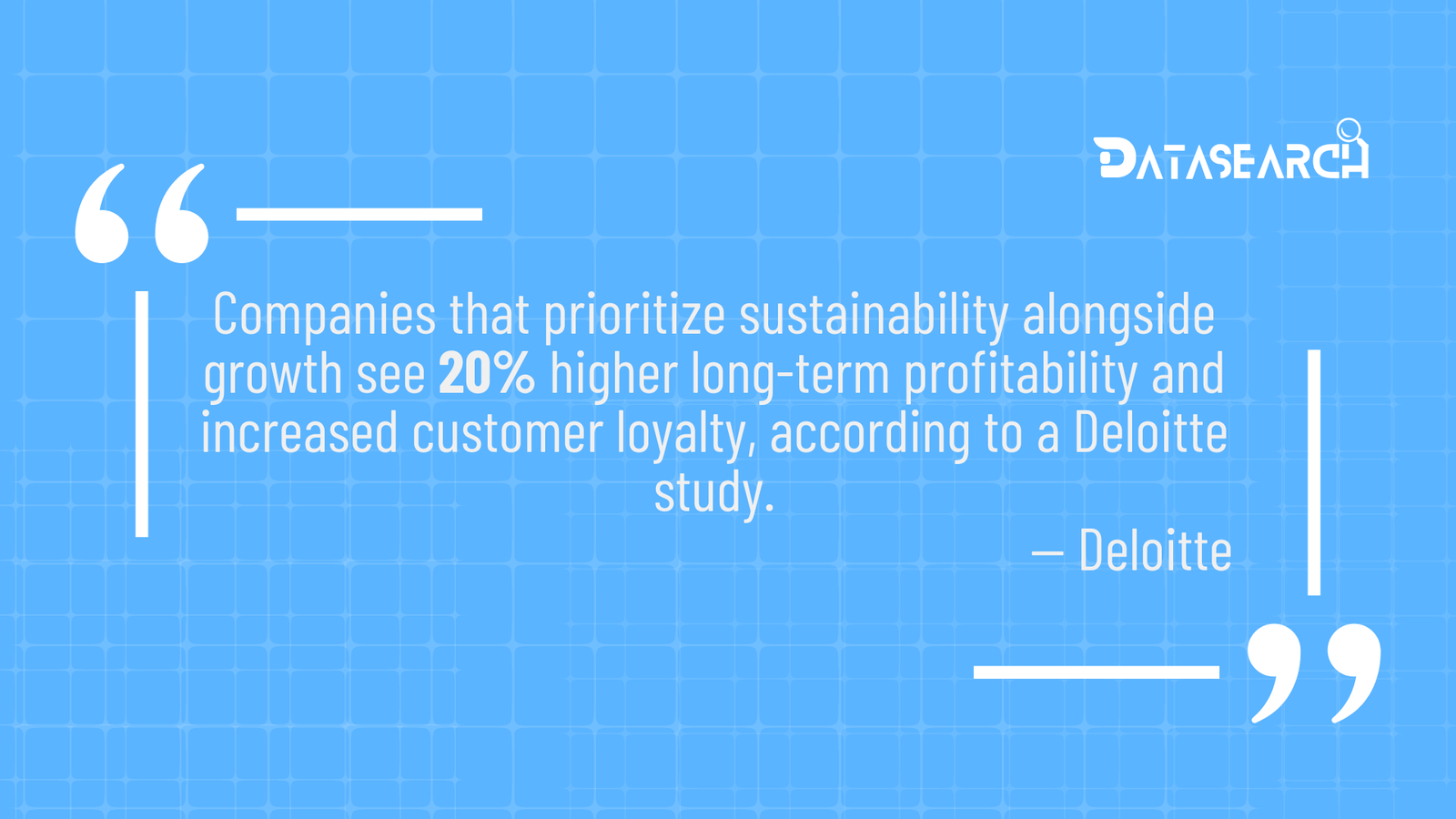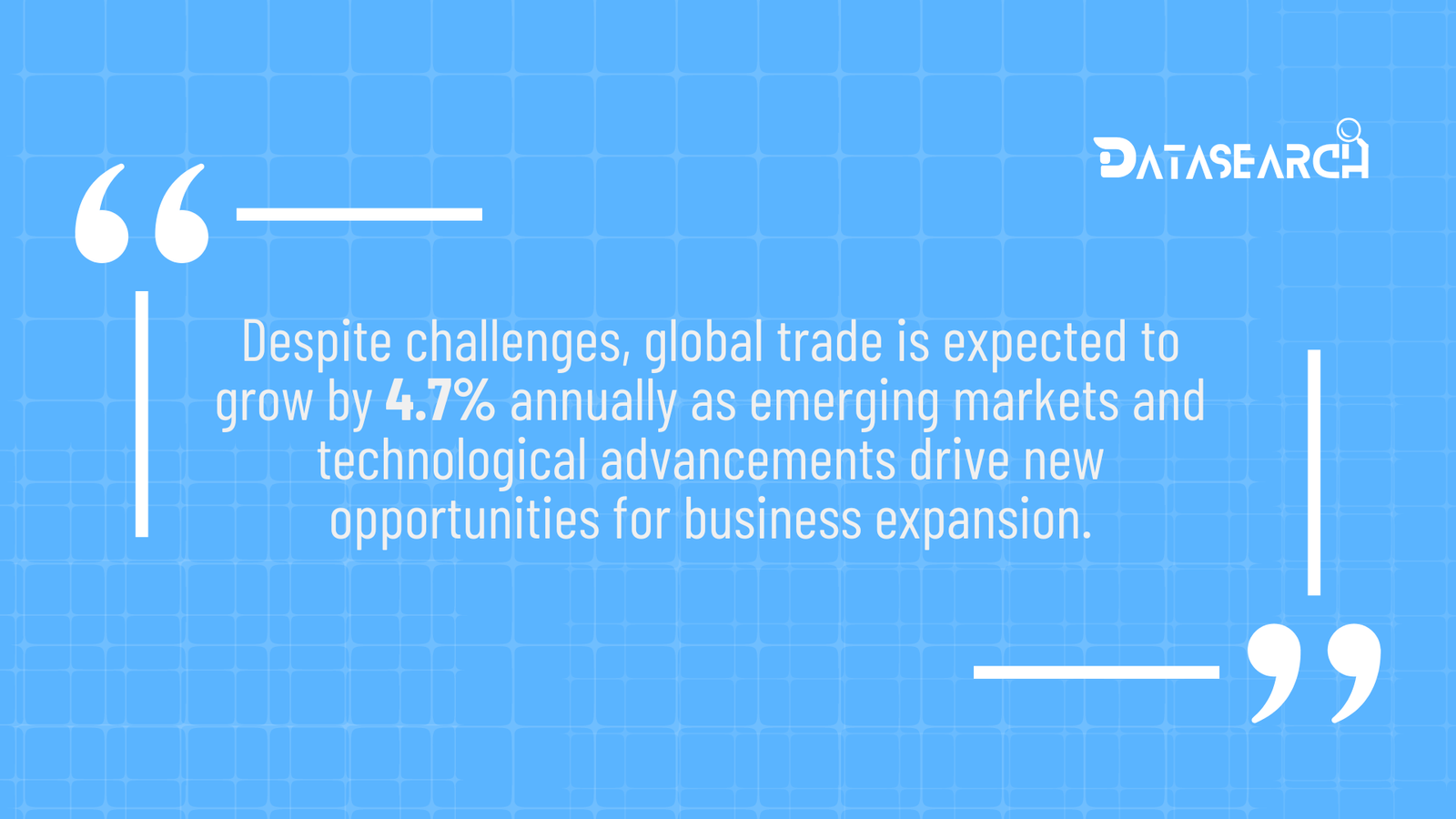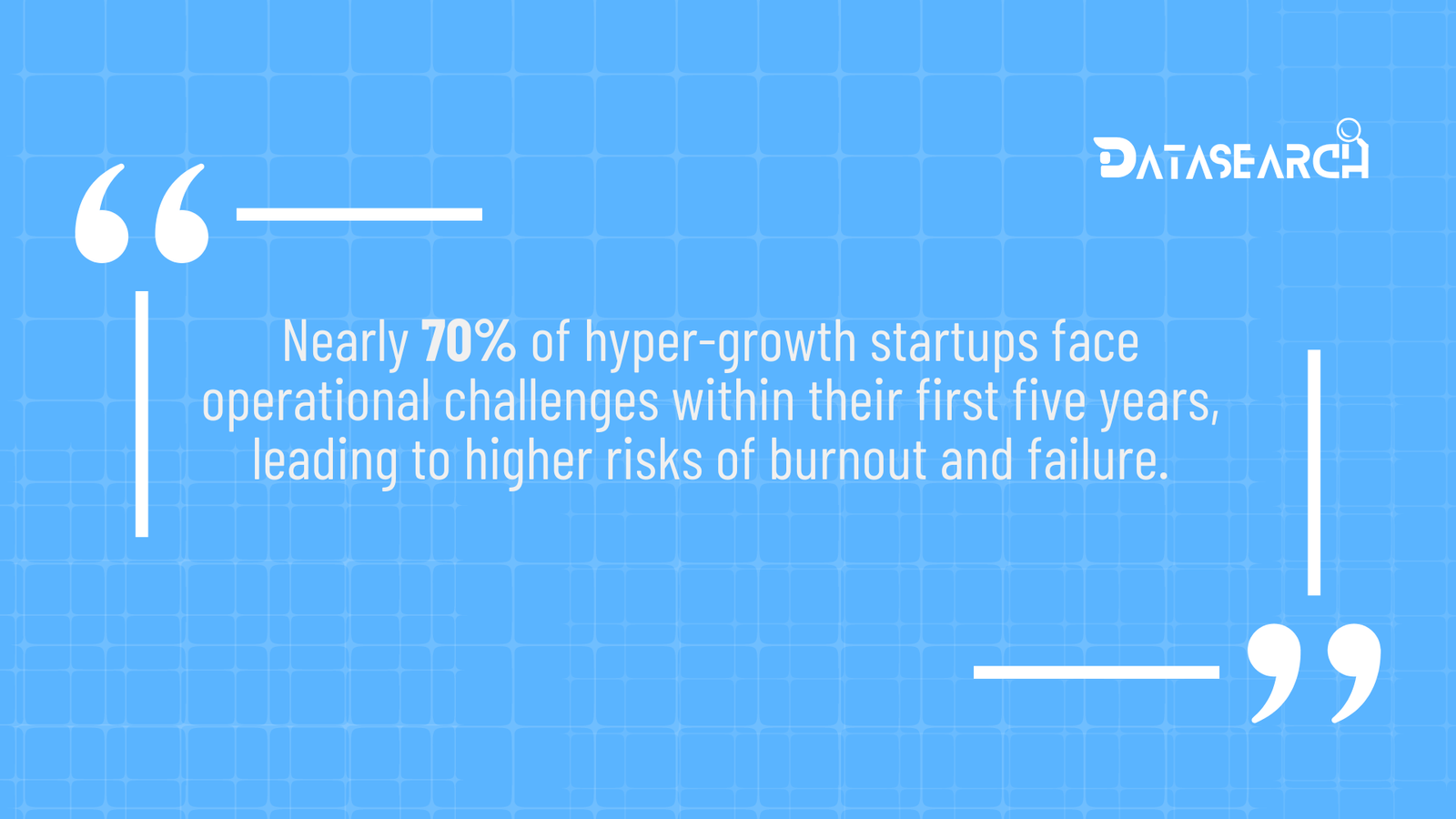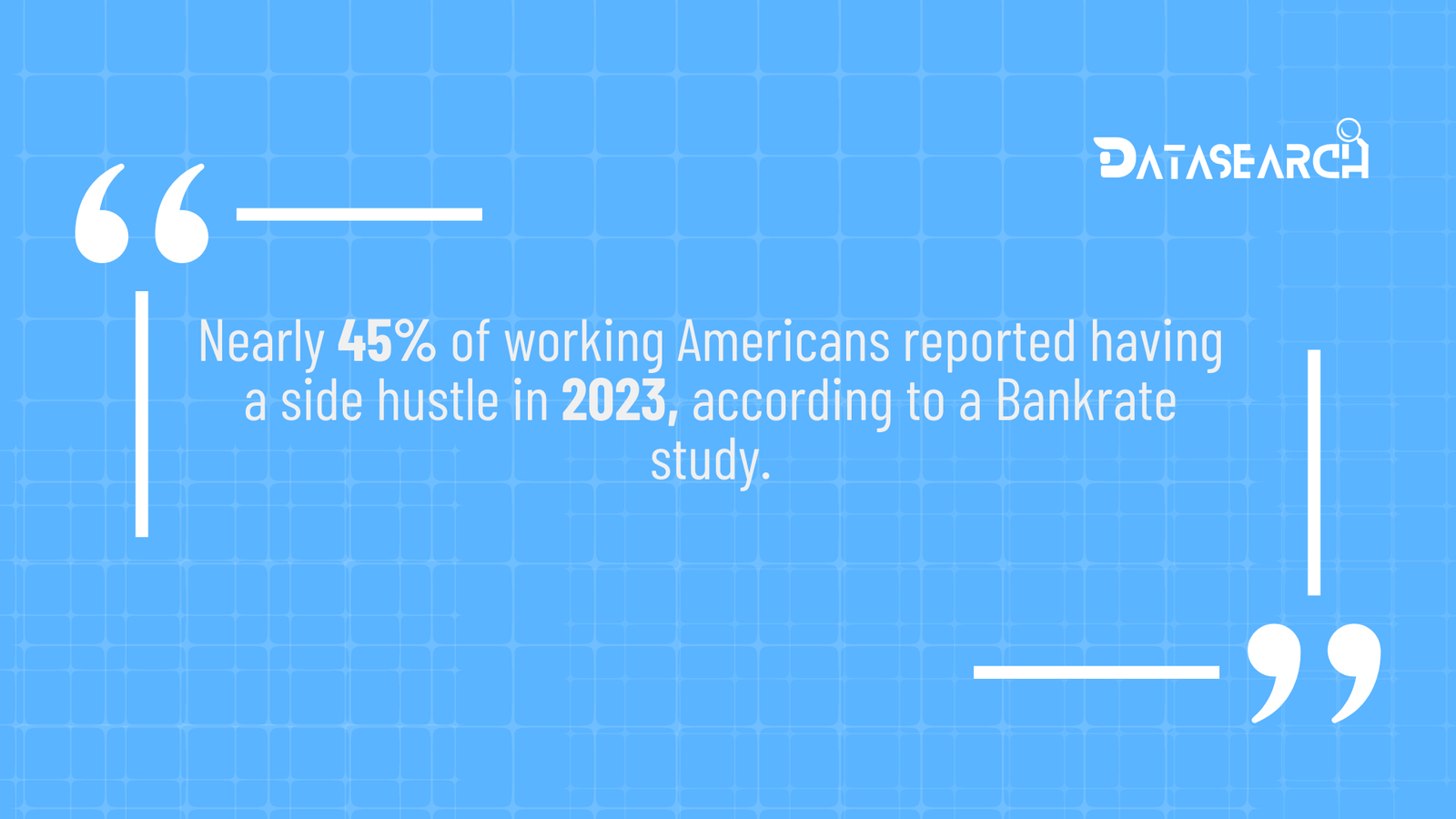In the race for rapid growth, many businesses focus heavily on scaling—expanding operations, acquiring new customers, and increasing market share. While scaling is vital for success, it often comes at the cost of sustainability. Businesses that prioritize short-term growth over long-term stability may face operational inefficiencies, financial strain, and even damage to their brand reputation. This article explores whether businesses are placing too much emphasis on scaling at the expense of sustainability and what the consequences could be.
1. The Drive to Scale: Growth at All Costs
Scaling is essential for companies that want to compete in today’s fast-moving marketplace. Investors look for rapid growth, and companies feel the pressure to expand quickly to meet market demands. However, the rush to scale can lead to decisions that prioritize short-term gains over long-term viability.
Businesses that focus too much on scaling often overlook critical aspects of sustainability, such as:
- Operational efficiency: Scaling without the right processes in place can lead to inefficiencies, rising costs, and compromised product quality.
- Financial stability: Over-expanding can strain cash flow, putting businesses at risk of financial instability.
- Environmental and social impact: Scaling irresponsibly can lead to negative impacts on the environment or local communities, damaging the brand’s reputation.
💡 Key Insight: According to a CB Insights report, 70% of startups fail due to premature scaling, where companies grow too fast without ensuring they have the right foundation in place.
2. The Sustainability Imperative
Sustainability goes beyond just environmental responsibility—it refers to building a business model that can be maintained over the long term without depleting resources or compromising on values. Sustainable growth focuses on balancing expansion with profitability, customer satisfaction, and operational efficiency.
📊 Key Stat: A McKinsey study found that companies with a long-term focus outperform their peers in revenue and earnings by 47% and 36%, respectively, highlighting the importance of sustainable practices.
🔥 Pro Tip: Prioritize sustainable growth by ensuring that your business model can handle the pressures of expansion. Focus on building a strong foundation—effective processes, customer retention strategies, and financial discipline—before scaling rapidly.
Example: Patagonia, a global leader in the outdoor apparel industry, has successfully balanced growth with sustainability by focusing on eco-friendly practices, ethical supply chains, and responsible scaling.
3. The Risks of Prioritizing Scaling Over Sustainability
When businesses prioritize scaling over sustainability, they often encounter significant risks that can threaten their long-term viability:
- Customer churn: Rapid scaling can lead to a decline in product quality or customer service, resulting in higher churn rates.
- Operational breakdowns: Expanding without solid operational processes can cause disruptions, leading to delays, mistakes, and inefficiencies.
- Financial instability: Scaling too quickly often requires significant capital investment, which can create cash flow issues and financial instability if the growth doesn’t translate into immediate profits.
💡 Pro Tip: To avoid these risks, adopt a phased approach to scaling. Grow in stages, evaluate the impact of each expansion, and ensure that your operations, workforce, and financial health can handle the growth.
4. Finding the Balance: Scaling Sustainably
Sustainable growth isn’t about avoiding scaling altogether—it’s about scaling smartly. Companies can grow without compromising their long-term stability by taking a balanced approach:
- Focus on customer retention: Acquiring new customers is important, but retaining existing customers is critical for long-term success. Focus on improving the customer experience, offering excellent service, and building loyalty.
- Optimize processes: Before scaling, ensure your processes are efficient and scalable. Automation, streamlined workflows, and data-driven decision-making can help businesses manage growth effectively.
- Manage finances carefully: Growth requires capital, but over-leveraging can lead to financial troubles. Keep a close eye on cash flow and invest in growth cautiously, ensuring that your financial foundation remains stable.
📊 Key Stat: According to Harvard Business Review, companies that focus on both scaling and sustainability are 60% more likely to survive over the long term compared to those that focus solely on growth.
Example: Shopify, a global e-commerce platform, scaled responsibly by focusing on customer success and building a strong support infrastructure before pursuing aggressive growth. Their focus on creating a sustainable business model has helped them maintain steady growth over time.
5. The Role of Environmental and Social Sustainability
Beyond operational and financial sustainability, businesses today must also consider their environmental and social impact. Consumers are increasingly favoring brands that prioritize sustainability, and failing to address these concerns can harm a company’s reputation.
🔥 Hot Tip: Incorporate sustainability into your business model by adopting environmentally friendly practices, reducing waste, and ensuring fair labor practices. This not only enhances your brand image but also contributes to long-term business health.
6. Is Scaling at the Expense of Sustainability Worth It?
While scaling is critical for business growth, prioritizing it over sustainability can lead to long-term problems. Businesses that focus solely on growth often encounter operational inefficiencies, customer dissatisfaction, and financial instability. In contrast, companies that embrace sustainable practices—both operationally and environmentally—are better positioned for long-term success.
🔔 Quick Strategy: Adopt a balanced approach that values both scaling and sustainability. Invest in scalable processes, build strong customer relationships, and ensure financial stability to achieve sustainable growth that lasts.
How DataSearch.pro Can Help You Scale Sustainably
At DataSearch, we provide the insights and tools businesses need to achieve sustainable growth. Our data-driven solutions help you optimize operations, manage customer relationships, and track key performance metrics to ensure that your business scales responsibly. Whether you’re looking to streamline workflows or identify sustainable growth opportunities, DataSearch can help.
Visit DataSearch.pro to learn how we can support your journey toward scalable, sustainable success.




